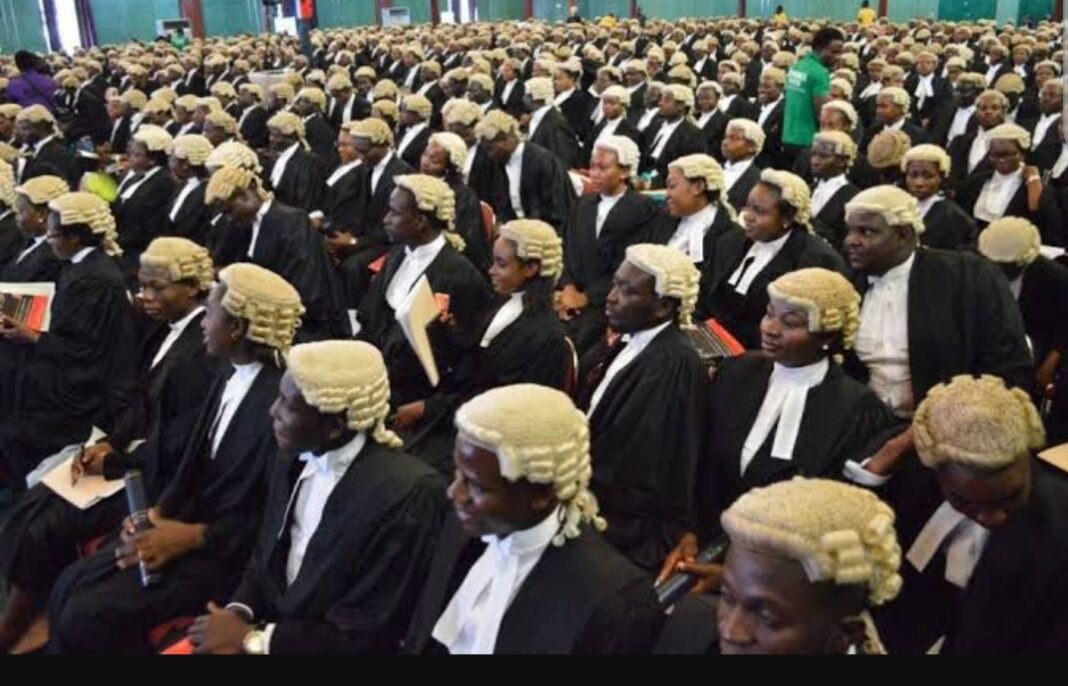A lawsuit filed by 19 Nigerian governors challenging the constitutionality of the Economic and Financial Crimes Commission (EFCC) has garnered the backing of over 5,000 lawyers, who argue that the EFCC’s enabling act disregards state legislative input and breaches federalism principles.
The Judiciary Watchdogs, a coalition of legal professionals from all 36 Nigerian states, praised the governors’ decision to seek constitutional compliance and accountability for the EFCC and other federal anti-corruption agencies.
According to Barrister Real S. Dennis, Co-National Convener of the group, the EFCC has allegedly prioritized “proxy wars” for various administrations over impartial anti-corruption efforts, undermining state sovereignty.
Dennis emphasized the importance of the lawsuit for Nigeria’s federal structure, anti-corruption efforts, and democratic integrity. He argued that under the 1999 Constitution, any international treaty, including the United Nations Convention against Corruption, must be ratified by the National Assembly to hold legal weight, a requirement that the EFCC law bypassed.
The Judiciary Watchdogs also highlighted the selective enforcement of cases by the EFCC, citing instances of unaddressed corruption allegations against political allies. The lawyers assert that the federal government’s unilateral authority over agencies like the EFCC erodes Nigeria’s federalism and hampers state autonomy.
The governors’ lawsuit builds on the 2018 Supreme Court case of Dr. Joseph Nwobike vs. Federal Republic of Nigeria, which questioned the legal framework of the EFCC. The lawyers further demand that state governments be granted the right to establish independent anti-corruption bodies.
In their statement, the Judiciary Watchdogs reaffirmed their support for the governors’ stand, urging the Supreme Court to honor constitutional boundaries. They warned against interference from groups they describe as “impostors” and called on security agencies to monitor these parties.
“The governors are championing a path towards constitutional clarity and reinforcing the democratic fabric of Nigeria. We commend their courage and urge the Supreme Court to protect the rule of law,” the statement concluded.
